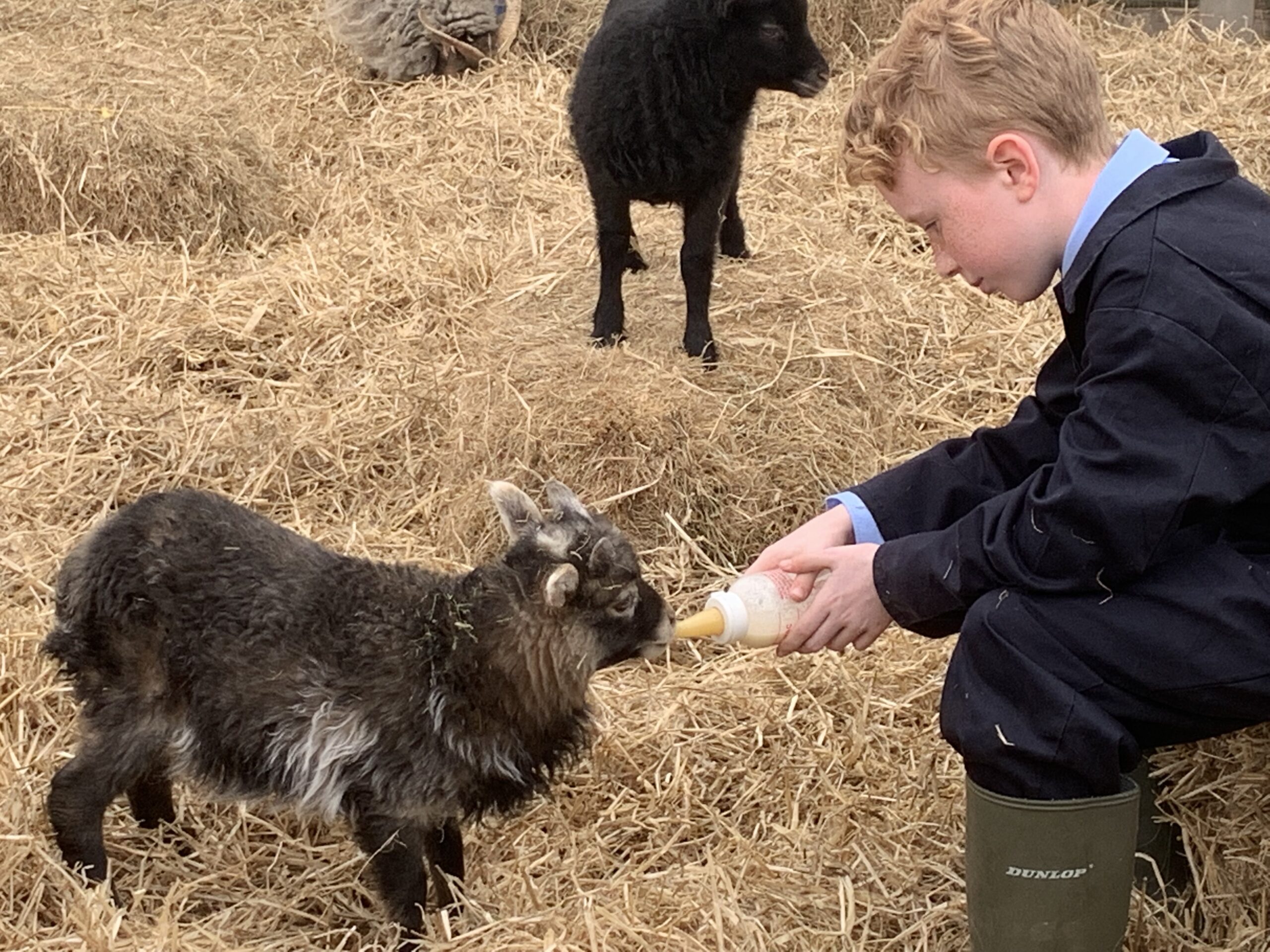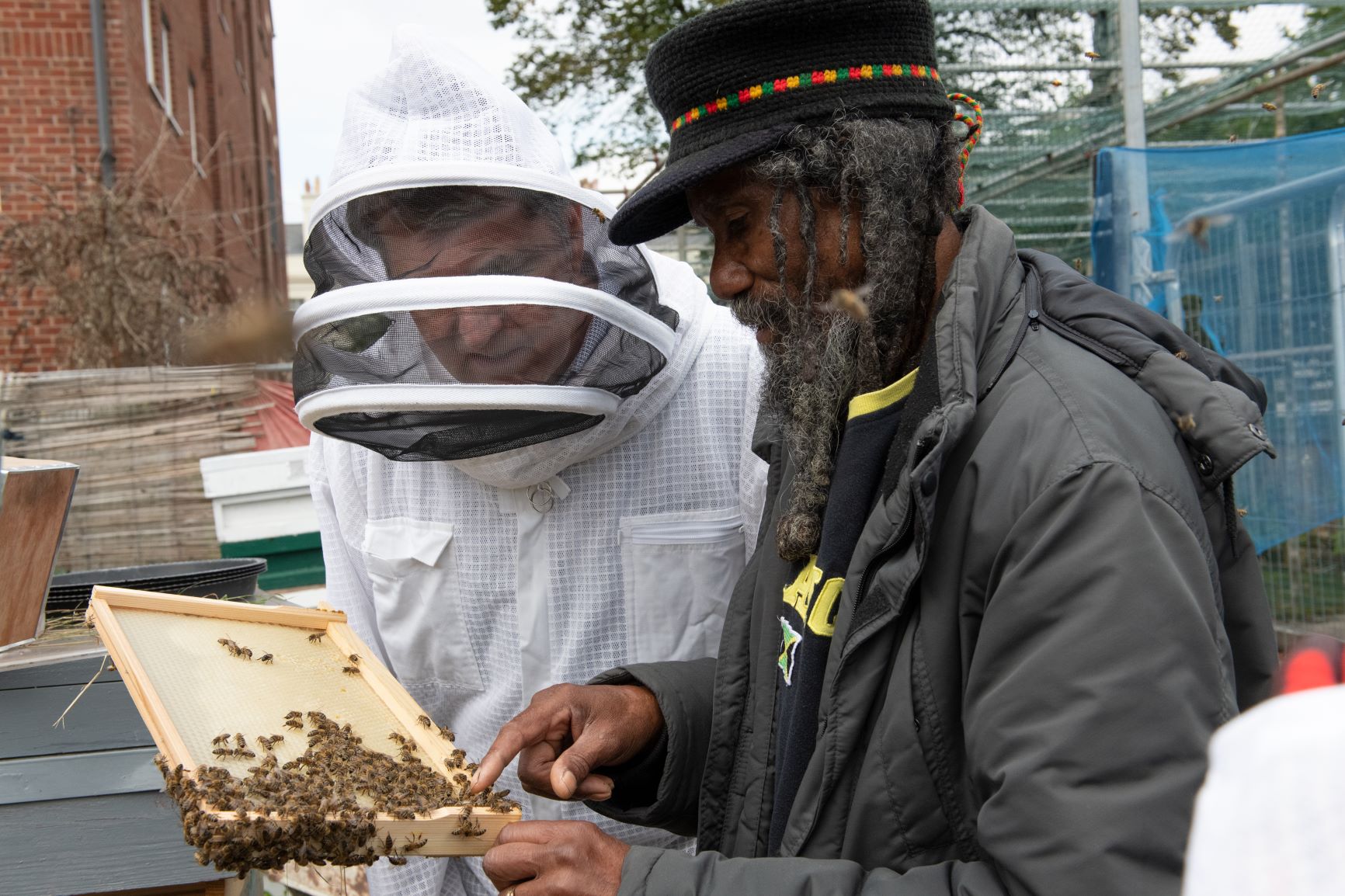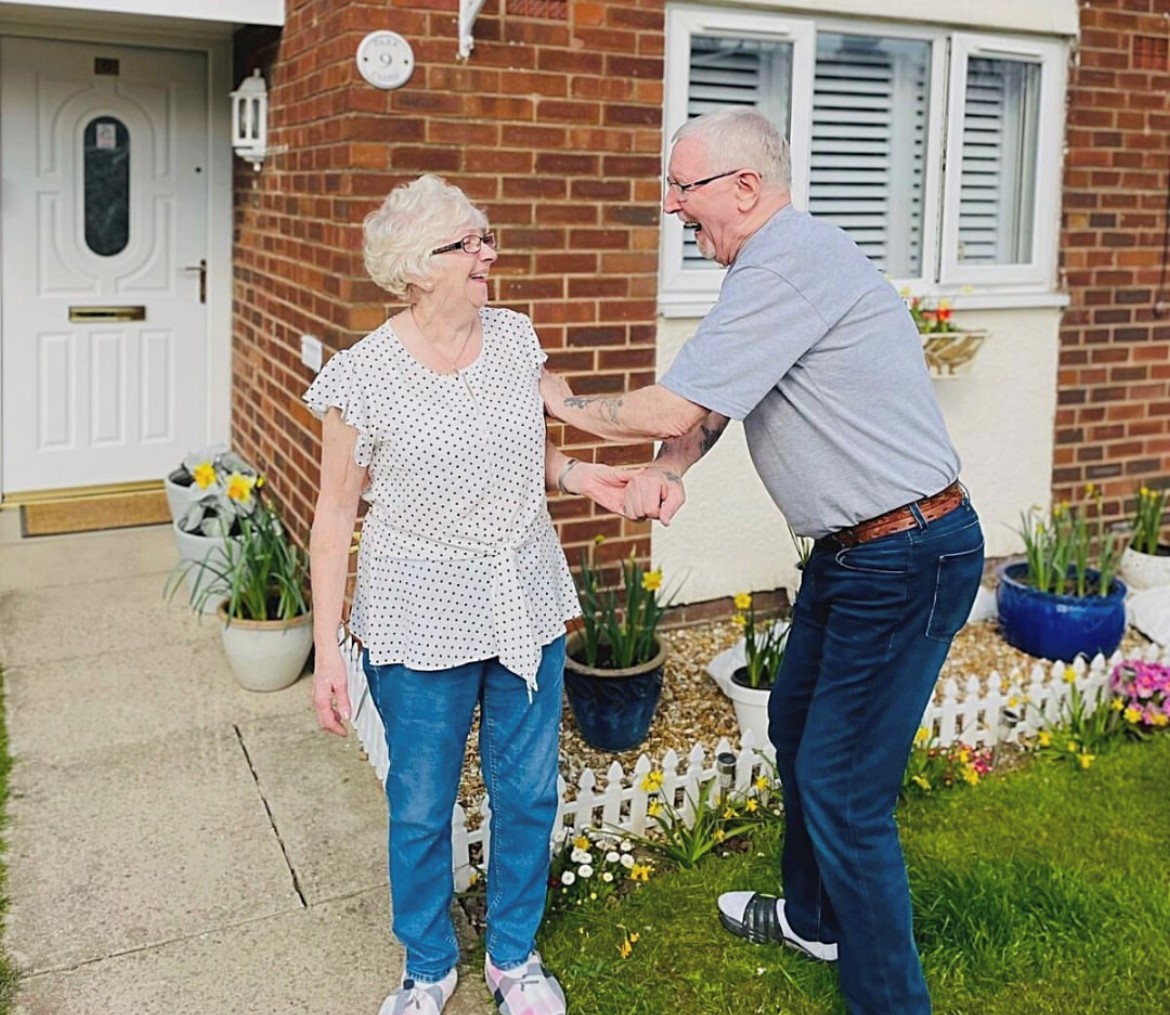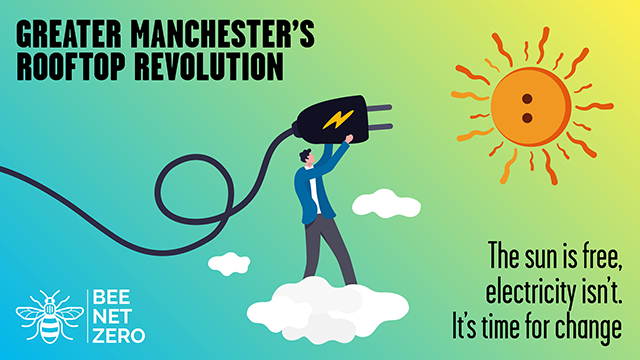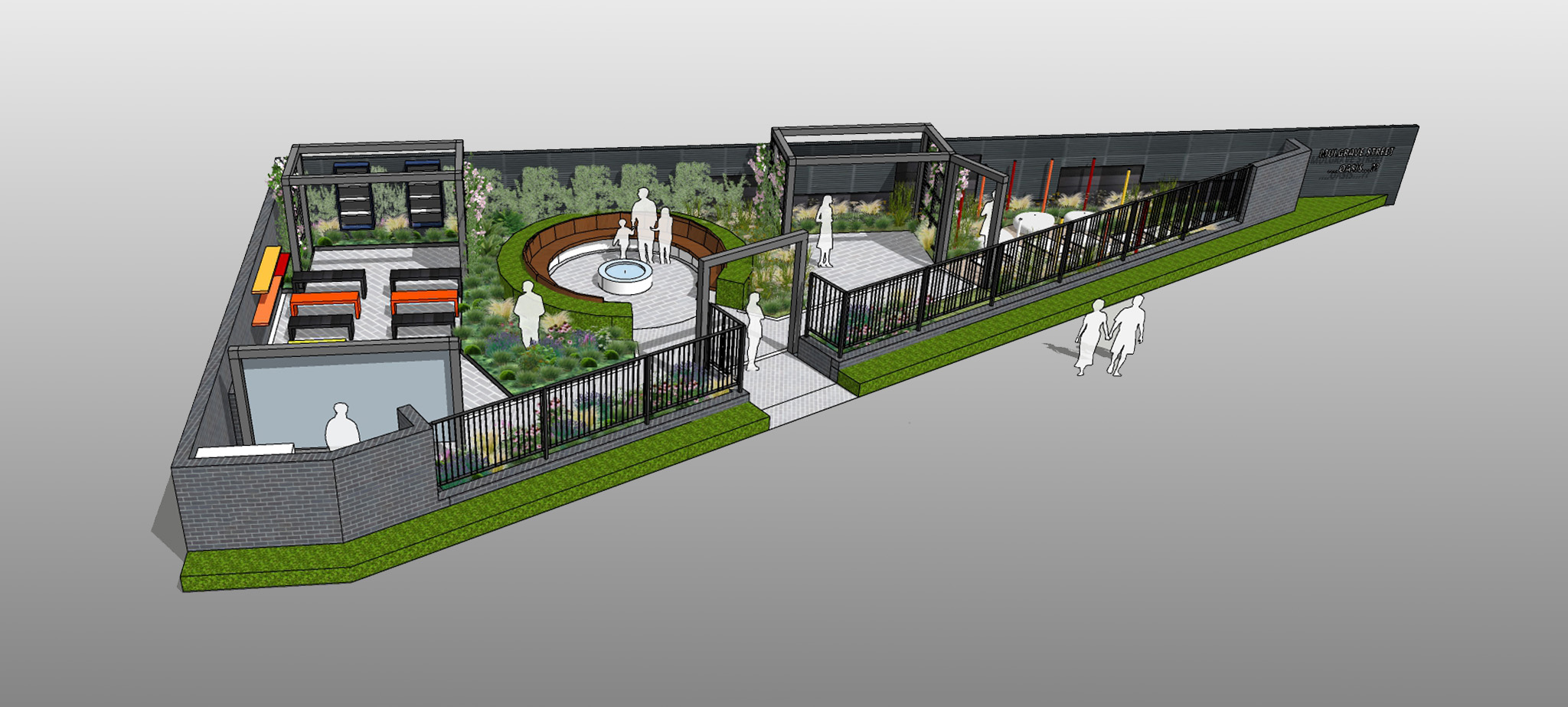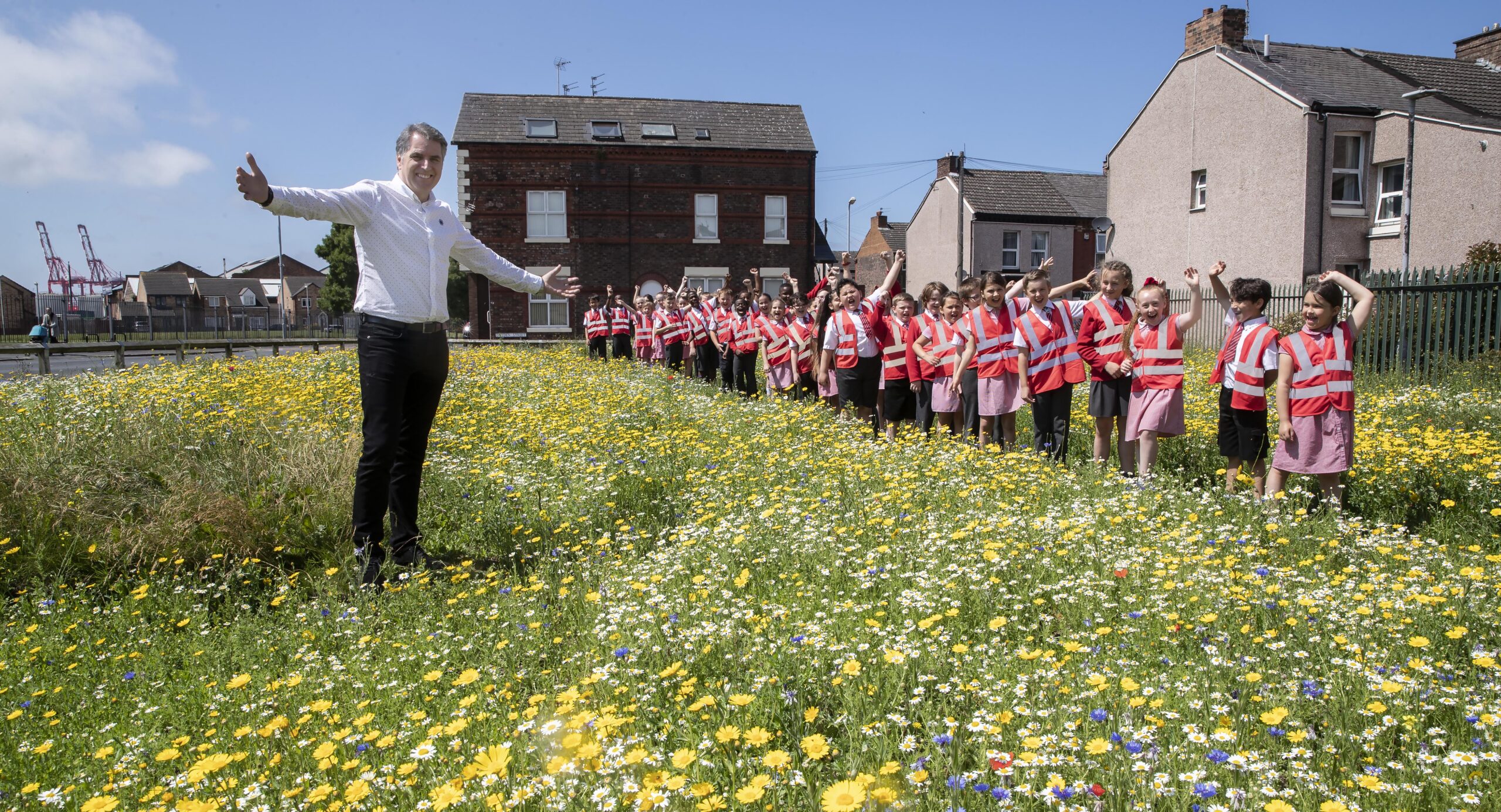
Liverpool City Region: Community Environment Fund
Liverpool City Region
Our Story
We know that the most vulnerable in our society have been the most negatively affected by the COVID pandemic. They are also the most vulnerable to the impacts of climate and ecological breakdown and are often those who are least likely to have contributed to the human causes of the emergency.
Too many do not have access to green space, cheap healthy food and live in areas with air quality problems. As a result, in 2020, we set up the Community Environment Fund which aimed to support communities to engage in a range of economic activities, as well as encouraging long-term behavioural change, improving the environment in the LCR, and aid a green recovery by assisting organisations to expand their good work.
The idea was born from the success of The Year of the Environment in 2019, with the Metro Mayor pledging £500k for community environment projects which kickstarted the momentum for the project. This fund was emphasised during the COVID pandemic, with many people appreciating natural spaces and renewing their sense of community.
These funded projects will form part of a wider ambition from the LCR Combined Authority to enact plans to become net zero by 2040, by improving green spaces, reducing air pollution, and improve the health and wellbeing of the people in the LCR.
The Challenge
Before starting, we knew it was important to seek guidance from fellow organisations who’ve ran successful environmental funds in the past. As such, we had conversations with Mersey Forest, Mersey Recycling, and the Waste Authority who gave us invaluable advice. We also looked at fund guidance documents for best practice and for a little inspiration.
During the application process, we received many questions from potential groups, so we then held 3 ‘Meet the Funder’ events. Despite a good attendance, the challenge we found was that there was a low level of applications from 3 of our 6 districts, which led to a low number of funded projects in those areas.
Given the vast scale of community initiatives already out there, we focused the funding through two ‘streams’ initially. £20-£50k for projects in two or more districts, and £5k-£20k for larges projects in a single district. We then introduced a third stream for smaller place-based projects of £300-£1.5k. The streams were useful to score similar groups of projects together, but in some instances caused confusion as to what stream some groups could apply for, which caused problems during the scoring process. We are considering removing the streams to not limit the amount each group could apply for.
Our Solution
In total, 58 projects across the region were funded through the £500k across the following 9 themes: Climate change and resilience; Air quality and transport; Water; Accessible green spaces, habitats and biodiversity; Waste and resources; Health and wellbeing; Carbon and environmental literacy; Energy reduction; and Food and agriculture.
Some of the projects include Head North for Beauty, Pollinators and Carbon Capture; 10 lush wild flowering meadows based in deprived communities in the LCR. Carbon Literate Communities was a carbon literacy training programme for local community groups, which supported them to turn their communities into local carbon action groups.
Restore St Helens focused on upcycling furniture in deprived areas, reducing the number of items ending up in landfill and supporting individuals. We also helped fund the green and blue corridor improvements for the Leeds and Liverpool Canal in Kirkdale, as well as helping Cycle of Life provide cycling training and equipment provision for all ages to encourage a change of behaviour when it comes to transport. S.O.B Save Our Bees was a local bee garden which helped educate the local community on the importance of bees and the vital role they play in our planet’s ecology.
FOR FURTHER INFORMATION CLICK HERE.
